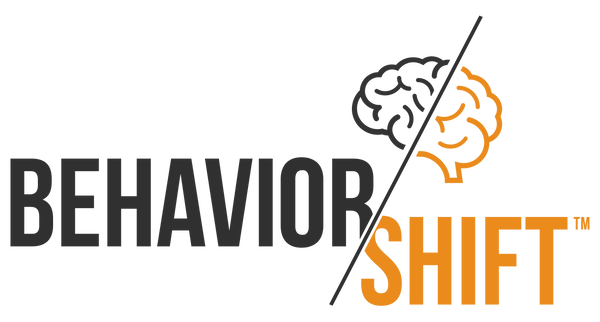The start of a new year is often seen as a fresh canvas, an opportunity to set new goals and ambitions. But why is starting the year strong so important, and how can one achieve this from a psychological and behavioral science standpoint?
Starting the year on a positive and energetic note is crucial as it establishes a foundation of momentum that can propel us through the subsequent months. This phenomenon is rooted in the psychological principle of the 'flywheel effect,' where initial successes create a self-reinforcing cycle of positive behavior and outcomes.
A fast start acts as a catalyst, boosting confidence and setting a precedent for achievement. It psychologically programs our mindset towards success, making us more resilient to challenges and more likely to maintain a positive outlook. This early momentum can effectively transform our aspirations into tangible actions, creating a domino effect that impacts various aspects of our lives. By capitalizing on the initial surge of motivation common at the beginning of the year, we can build a robust framework for sustained effort and continuous improvement, setting the stage for a year characterized not just by ambitions, but by actual accomplishments.
The Significance of a Strong Start
- Driving the right mindset: The way we begin a year can significantly influence our mindset and attitude for the months to follow. Behavioral science suggests that early successes can build momentum, fostering a positive cycle of achievement and motivation.
- Creating a Foundation for Routines: According to psychologists, the start of the year is a critical time for habit and routine formation. The novelty associated with a new year can enhance our motivation to adopt and stick to beneficial habits.
- Harnessing the Fresh Start Effect: Research in behavioral science points to the 'fresh start effect,' where people are more inclined to take action towards goals after temporal landmarks, like the beginning of a new year. This psychological phenomenon can be a powerful motivator (Note we are writing more about this in our next blog post).
Tips to Start the Year Strong
- Identify Your Keystone Goals: Take time to think about what are the keystone goals that you want to achieve for the year. Align those keystone goals with your underlying values and they can help set the course, not only for this year, but for the rest of your life.
- Establish a Plan Using Small, Incremental Steps: Behavioral science advocates for creating a plan by breaking down larger goals into smaller, manageable tasks. This approach, known as 'chunking,' helps in overcoming the inertia of getting started and provides a clear roadmap for progress.
- Create Accountability Systems: Whether it’s through a friend, a coach, or a daily journal, accountability increases commitment to goals. Regular check-ins on progress can reinforce motivation and adjust strategies as needed.
- Embrace the Power of Routine: Routine harnesses the principle of consistency, a key driver in habit formation. By integrating new goals into daily routines, they become less of a conscious effort and more of an automatic behavior.
Starting the year strong is not just about setting resolutions; it’s about strategically leveraging psychological and behavioral principles to set the stage for a year of growth and achievement. By understanding the science behind motivation and habit formation, one can effectively navigate the challenges of maintaining momentum beyond the initial enthusiasm of the new year.

